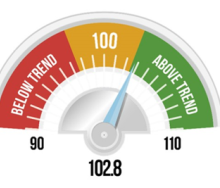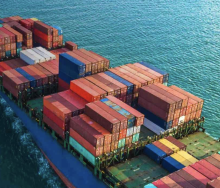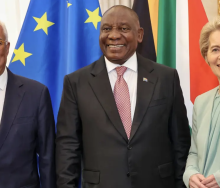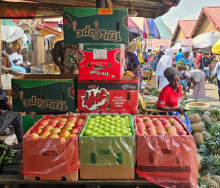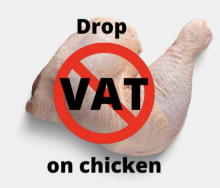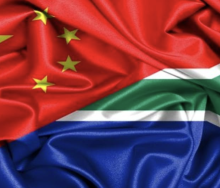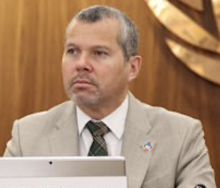In a move to address the increasing problem of blocked funds and foreign exchange access in Africa, the International Air Transport Association (Iata) and the aviation industry is working closely with the governments on ways to make these withheld funds available.
This according Iata director-general and CEO Alexandre de Juniac who is currently leading a high-level Iata delegation to Angola where they have held constructive engagements with key government ministries and institutions to highlight the issues facing international and local airlines operating to, from and within the country.
Angola, which is facing a severe shortage of foreign currency reserves, is currently withholding the repatriation of over US$ 500 million of international airlines' revenues generated in the country. The airlines that serve Angola include SAA, Air Namibia, Lufthansa, Air France-KLM, Emirates, Ethiopian Airlines and Brussels Airlines.
“We welcome the commitment yesterday by Angola’s National Bank to work with Iata to find a practical solution to release blocked funds,” said de Juniac, speaking at the airline association’s Aviation Day in Luanda, Angola.
He pointed out that in as many as nine African countries, international carriers were unable to repatriate their foreign currency earnings, while locally based airlines experienced difficulties making on-time foreign currency payments to their suppliers and business partners. "Angola and other countries blocking funds are undergoing significant economic challenges. But blocking airlines’ funds is not the answer. It is in everybody's interest to ensure that airlines are paid on time, at fair exchange rates and in full,” explained De Juniac.
The International Air Transport Association (Iata) forecasts a trebling in the size of Angola’s air transport market by 2036 at the present forecast annual growth rate of 6.7%.
However, even faster growth with greater socio-economic benefits for Angola could be achieved if the country opened up its market and prioritised its participation in the continent-wide connectivity efforts, unblocked funds, consulted with industry to improve infrastructure and maintained world class safety standards.
“Aviation is vitally important to Africa. It currently supports 6.8 million jobs and contributes $73 billion in GDP across the continent. It connects people and businesses, enables trade and carries products to markets and vital medicines and aid to communities where they are needed. Angola needs to work with industry to ensure that it is prepared to reap the future benefits of increased air connectivity,” said De Juniac.


